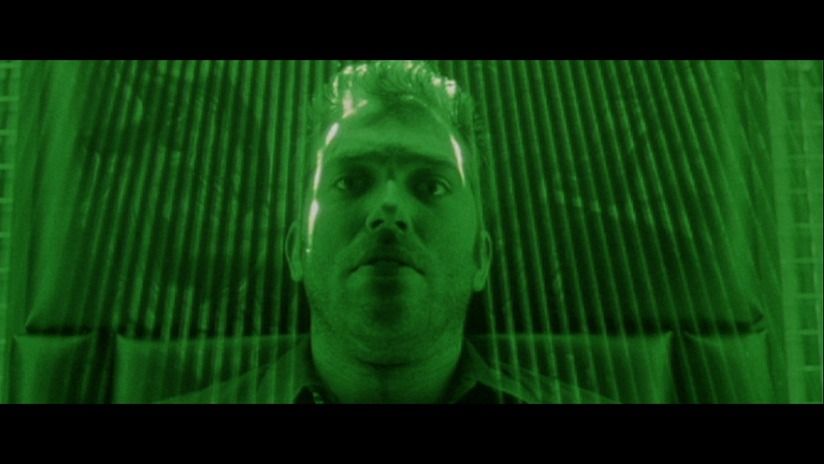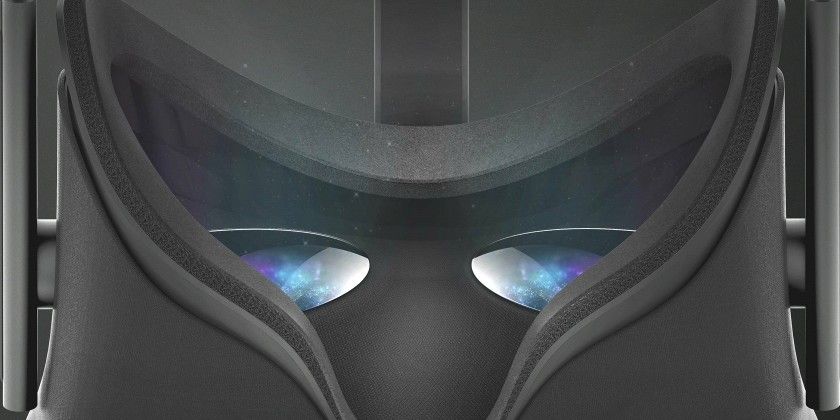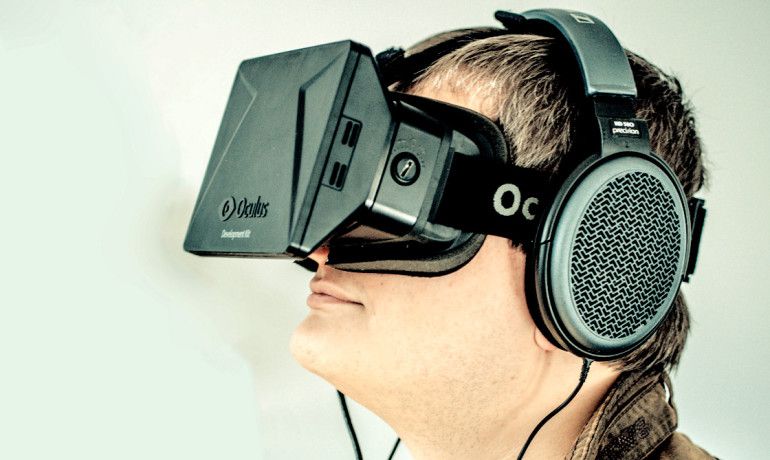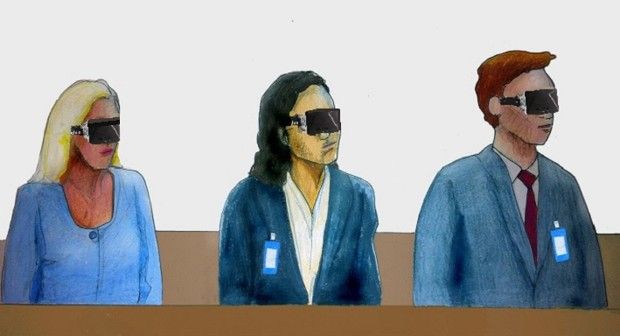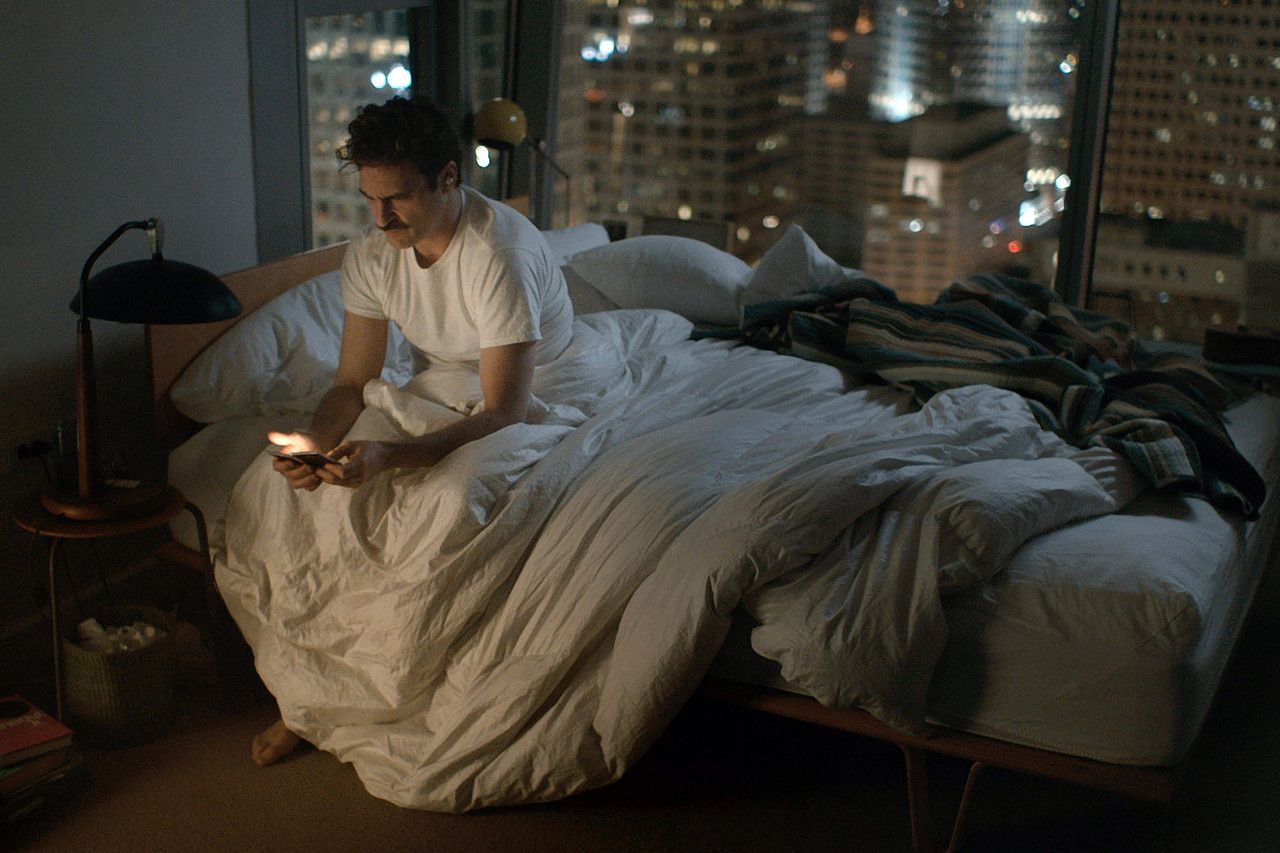By Rachel Metz — MIT Technology Review
 I’m sitting in a desk chair in an office in Mountain View, California. But with a virtual-reality headset strapped to my head and headphones over my ears, it looks and sounds like I’m standing in the belly of a blimp, flying high above silent city blocks dotted with billboards for a Despicable Me theme-park ride.
I’m sitting in a desk chair in an office in Mountain View, California. But with a virtual-reality headset strapped to my head and headphones over my ears, it looks and sounds like I’m standing in the belly of a blimp, flying high above silent city blocks dotted with billboards for a Despicable Me theme-park ride.
The blimp ride is part of a demo built by MediaSpike, a startup that’s making ads for virtual reality. Even the blimp itself is an ad: before boarding it, I can see its exterior is covered with a larger-than-life version of one of the film’s short, yellow characters.
For now, augmented reality and virtual reality are not widely used. But as new headsets hit the market, advertisers will surely try to stake out virtual ground.
Read more


